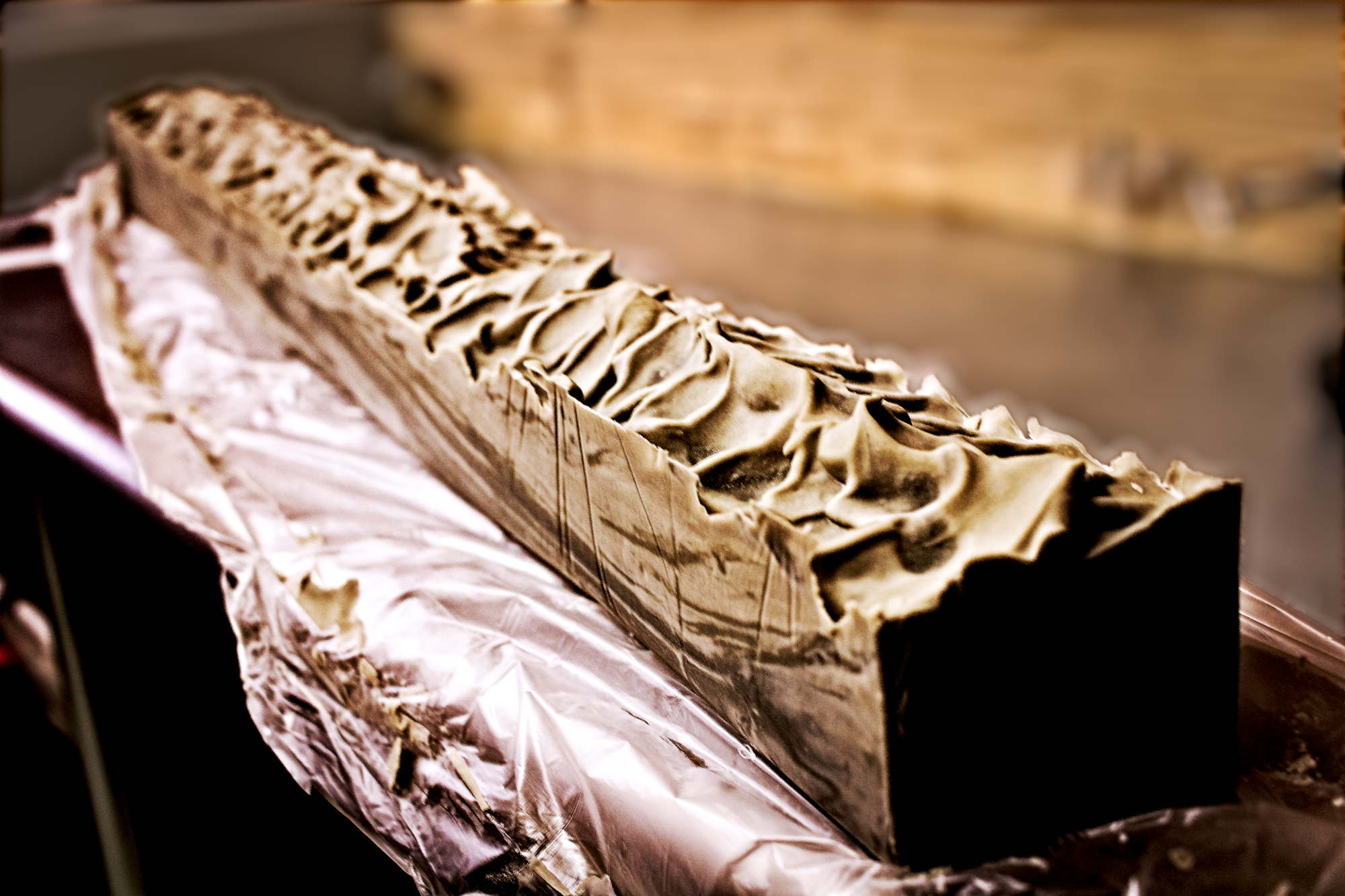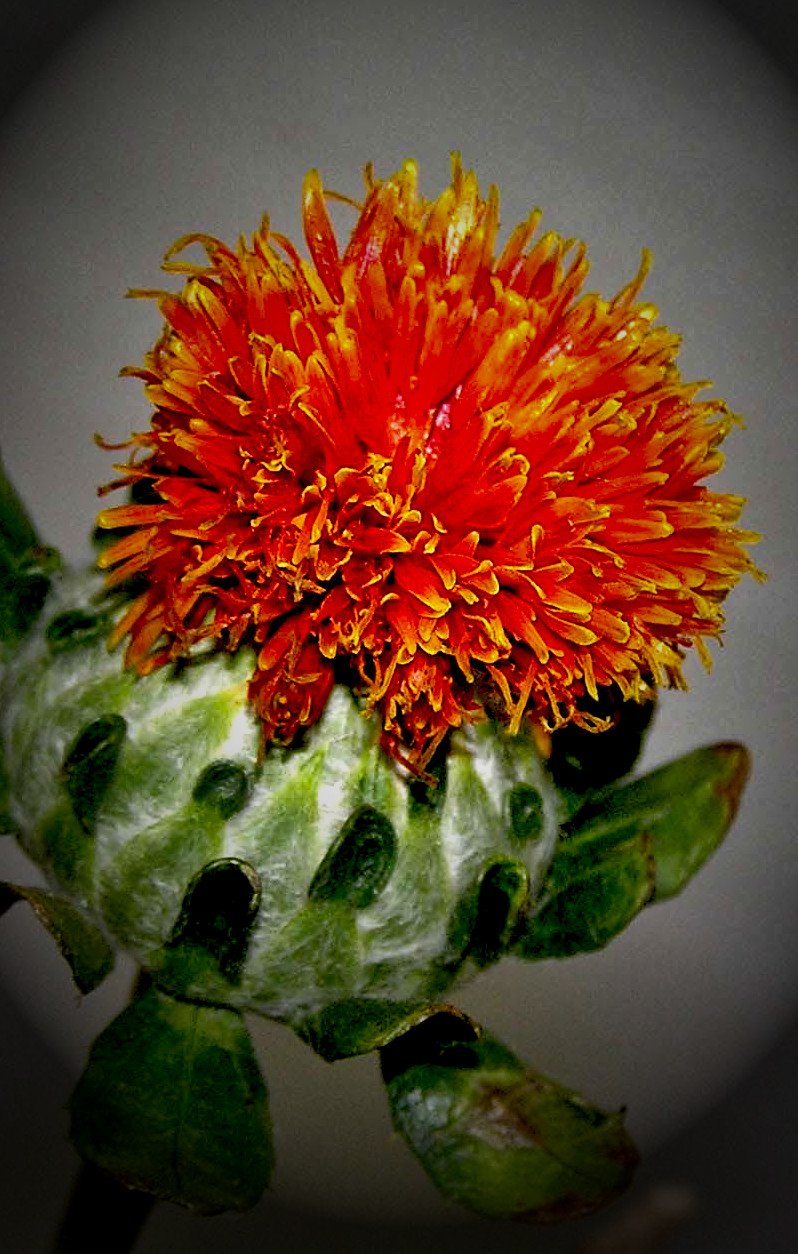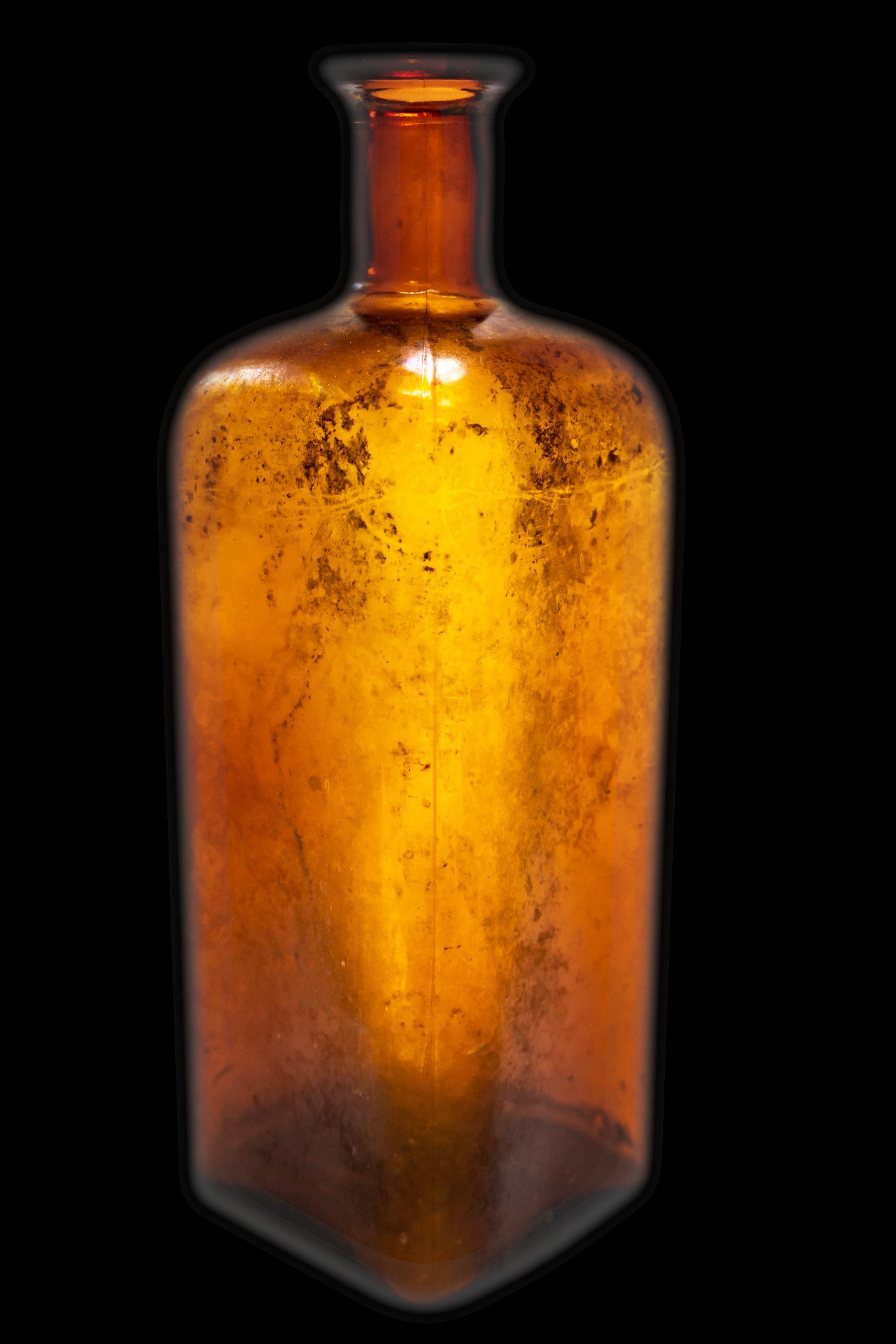
Frequently Ask Questions
Welcome to the Highlands Lather Frequently Asked Questions page with our collection of the questions we have received most.
If there is anything not covered or something else we can help you with please do not hesitate to reach out by emailing us here.
Or give us a call at
(919) 709-4022
Questions
Where is your soap made?
Right here at our shop in Pikeville, NC.
What is the connection to the Scottish Highlands?
My family settled in the Appalachian Mountains of Western North Carolina in 1774. Immigrating from the Scottish Highlands because of the treatment Scotts received after the British defeated the Jacobite forces in 1745.
What soaps do you recommend for daily use?
Generally speaking, any of our non-exfoliating soaps would make excellent daily soaps. That said, the soap you choose really depends upon the person. Someone with dry skin will need an entirely different type of soap from someone with oily skin.
I would suggest that you find a soap that compliments your skin type.
What soaps do you recommend for daily use?
If you’re dealing with oily skin you know all too well that the increased sebum your body creates also increases the chances of clogged pores and acne breakouts. That said, the last thing you need is a soap made from oils with a high comedogenic rating. Generally those are also high in Oleic acids.
While I am in no means offering medical advise, I will say that we have formulated a recipe with Low Oleic properties you might want to try.
What are the best soaps for dry skin?
I can completely sympathize with you if you are dealing with dry skin. I know it can be an ongoing battle of management, rather than a cure!
Many sources suggest both Oleic and Linoleic acids to ease the symptoms. Generally speaking, my products are simply a rinse away product meant for cleaning and are by no means a medicine. However, we do have a recipe made with oils high in Linoleic Acids you may want to try.
What are your best exfoliating soaps?
While exfoliating the dead skin cells should be a part of everyone’s shower routine, you also need to consider your skin type. Remembering also that different parts of the body have different skincare needs. Where the face should never be subjected to same abrasive treatment you might use on the rest of your body.
Just as someone with dry sensitive skin shouldn’t use the same treatments someone with oily skin uses. Granted Highlands Lather soaps are Not medicated nor do we make any medical claims. However, we have tried to formulate recipes to compliment the needs of different skin types. Such as creating recipes using low comedogenic oils to support oily skin and promoting oils high in essential fatty acids for dry skin.
Continuing this line of thought we have chosen the clays and exfoliants used in our soaps to be complimentary to the recipe they are an additive to. Where absorbent mechanical exfoliants such as cornmeal and active charcoal accompany our Low Oleic recipe for oily skin. While you will find more gentle exfoliants such at the natural glycolic acid produced by Brown Sugar in our Linoleic recipe for dry skin.
Is your soap antibacterial?
No, while many of the oils used in making our soaps have anti-bacterial, anti-inflammatory, anti-fungal, and anti-oxidant, properties Highlands Lather makes no medical claims about our soaps. The truth of the matter is that if you’re looking to stay clean, stick with normal soap!
In fact, the US Food and Drug Administration feels the same way.
Are your soaps really natural?
Our soaps are All made with natural oils, many of the oils you cook with daily. We Do Not Use Synthetic Oil Imitations!
While we also use natural pigments, clays, and dried plants as colorants in our soaps.
The one thing that may be manmade in some of our soaps is the fragrance, which may sometimes be a blend of fragrance oils and essential oils. Due to some fragrances not being available in essential oils or having an extremely short life in soap.
Are your soaps organic?
No, we do not make organic soap and to be honest neither does anyone else. While some people may use organic oils in their production. The moment they add the Sodium Hydroxide or Potassium Hydroxide to make soap it stops being organic.
The National Organic Program (NOP) of the United States Department of Agriculture (USDA) has specific labeling rules, But sadly there is no effective enforcement of these rules for soap or personal care products. As a result, the word “organic” on personal care products often means very little.
How are your products packaged?
As a standard, we use non-plastic packaging whenever safety allows. With the bulk of our products being packaged in either cardboard paper or tin. The exception being liquid products used in a shower/bathroom setting where glass may present a safety hazard.
In those situations we have elected to use #2, HDPE (High-Density Polyethylene) bottles as they are widely recycled professionally as well as by many local artists and hobby craftsmen. Since this plastic becomes soft and moldable at 150 degrees Fahrenheit without emitting toxic fumes.
Why is there Lye, a chemical in your natural soap?
All true handmade soaps use lye as a catalyst to achieve saponification. i.e. Turn vegetable oils into soap.
A process that uses up the lye during the reaction. Yet as an attempt to be completely transparent we do list it in our ingredients.
Why are synthetic detergents used in your beard wash?
Unlike your skin the hair does not grow new cells along the hair shaft. Once out of the hair follicle the hair shaft is at the mercy of the environment. That said hair generally has a pH of 4 while lye soaps range between 8 and 9 pH. Which will undoubtedly damage the hair shaft with continuous use.
For this reason we us a base of gentle detergents with lower pH ratings to act as cleaning agents in our beard wash. While also adding nourishing oils and age old herb infusions for conditioning to help strengthen and soften the hair shaft.
How often should I use your beard wash?
Everyone has their own preference when it comes to washing their beard. I know some that like to wash their beard daily while others may only wash theirs 2 to 3 times a week.
Our beard wash is defiantly gentle enough to be used daily if that is your preference of if you work in an extremely dirty environment. However, over washing does strip the natural oils a healthy beard needs. While the use of beard oils, butters, and/or balms although nourishing can lead to build up which can add to an unrulily dull beard even after daily washing.
Personally, I wash my beard twice a week. Once using our Beard Wash, then the second time using our beard stripping Pine Tar Soap, followed up with our Beard Conditioner/Co-Wash.
Will your beard wash help with beardruff?
Well, our beard wash isn’t specifically formulated to fight beardruff. That said everyone’s skin and beard are different and getting back to a more natural product away from the harsh chemicals in most shampoos can be a benefit.
Generally, beardruff is a sign your skin is dried out under your beard. Where you may benefit more from beard oil to nourish the skin rather than a wash per se.
Can I use your soap on my hair?
Sure you can, but I will advise lye soap generally has a pH of 8 to 9 while your hair is a pH of around 4. This is why many suggest vinegar rinses after using soap to wash hair. As continued use of regular soap will lead to what is sometimes called straw hair.
What is Shaving Alum and why should I use it?
More than any other shave accessory, forgotten from our Grandfather’s sink, the Shaving Alum is the most beneficial we should all be using. A natural mineral that acts as an antiseptic to prevent the spread of bacteria and soothe the skin while toning the face. Helping to fight shave pimples and ingrown hairs. While also sealing micro nicks and minor bleeders similar to a sceptic pencil.
However, if you have sensitive skin never leave Alum on your face for more than a few seconds before rinsing it off.
Should I use beard oil, beard butter, or a beard balm?
To be honest this depends on what you’re looking for out of a product to an extent. All beards can benefit from good beard oil, as it treats the skin as well as the beard and has the best chance of actually reaching the skin in longer beards.
After that, you have to determine what you want the product to do. Beard butter is an excellent leave-in conditioner for the beard created from various oils and hard kinds of butter. Which helps to strengthen and soften the hair shaft to prevent split ends and breakage. They can also coat the shafts to prevent the hairs of the beard from absorbing too much water to the point of the shaft swelling. Something that leads to more damage than any other environmental hazard.
Beard butter may help to style a trained beard, but it doesn’t offer any hold per se. For hold, you will need a beard balm, which has beeswax as an ingredient. While the beard Balm also has conditioning benefits of oils and butters as well.

Oils & Butter
To learn more about the many nourishing oils & types of butter we use in our soaps check the link below.

Fatty Acids & Vitamins
Want to find out about the benefits and properties in the oils we use in our soaps follow the link below.

Clays & Exfoliants
To read about all of the natural clays and exfoliants in our specialty soaps click the link below.
